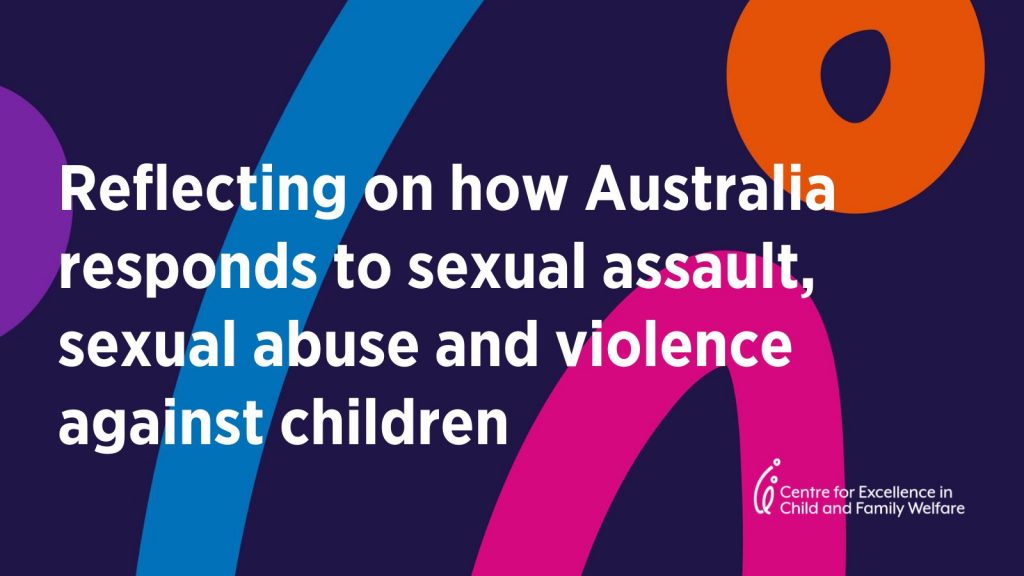We are currently experiencing a moment of reckoning across Australia. This week, tens of thousands of people took to the streets to protest the continuing sexual assault and harassment of women and girls in Australia. What is happening in our national parliament resonates because it all too often reflects the lived experiences of so many women and children.
Young Australian women are standing up and saying enough. Enough to the abusive actions of those in positions of power. Enough to sexual assault. Enough to child sexual abuse. Enough to the mistreatment of women and children. Pioneering this movement in Australia is 26-year-old Grace Tame whose words have resonated with people across the country.
Grace Tame advocates for survivors of sexual assault and child sexual abuse, as well as pushing for legal reform in allowing survivors to speak publicly about their experiences of abuse. She advocates for communication and the open discussion of sexual abuse and assault to eradicate it. Upon receiving the Australian of the Year Award, she exclaimed “hear me now, using my voice amongst a chorus of voices that will not be silenced”, and a chorus it has indeed become.
An ally in this cause and a member of this chorus is 23-year-old Chanel Contos, who experienced sexual assault at the hands of a male peer at age 13. This year Chanel began a petition for better and earlier sexual and consent education in schools. Currently, at least 30,558 signatures have been collected and 2,890 testimonies of sexual assault have been offered across at least 50 different Australian schools.
We know that almost two million Australians have experienced a sexual assault from the age of 15, and that half of women did not seek advice or support after their most recent incident of sexual assault perpetrated by a male. We also know that 97% of sexual offenders recorded by police were male. This is a gendered experience of sexual assault and violence and must be addressed through structural changes to the way our society responds to the experiences of women and children.
We need a service response that meets the unique needs of survivors of child sexual abuse that recognises the impact of grooming from perpetrators in positions of power over the child and the long-lasting impact of this trauma.
The Royal Commission into Institutional Responses to Child Sexual Abuse handed down its comprehensive report four years ago. It uncovered horrific accounts of the systemic abuse of girls and boys across Australia. Its comprehensive recommendations provided a blue print to stop the abuse of children in our organisations. We need to go beyond setting up child safe standards and principles in organisations to address the root causes of the sexual abuse of children. This means investing in programs that prevent the abuse from happening in the first place and specialist counselling and other services to address the impacts felt across a lifetime from this abuse.
The Royal Commission into Institutional Responses to Child Sexual Abuse recommended changes to the way our police, prosecutors and courts investigate and prosecute sexual
offences, and ways to improve the experiences of witnesses. More can be done to implement these reforms to improve our legal responses to sexual assault and abuse survivors. Clearly victim survivors do not feel confident in the current legal response to sexual crimes. A key finding from the Royal Commission is that it is only when victim survivors are listened to and believed that real change can occur.
The Victorian Royal Commission into Family Violence has also put a spotlight on the violence experienced by women and children daily. The Victorian Government has committed to significant reform across our service system to improve safety outcomes for women and children. However, more must be done.
We need to listen to what young women are telling us to be the causes of violence against women and children. Young people want more comprehensive, clear, and earlier sex, relationships and consent education. The young women who signed the school petition commented that they “passionately believe that inadequate consent education is the reason for their sexual [assault] during or soon after school’. Programs like Respectful Relationships, which is being rolled out across Victorian schools is a good start, but it is not enough.
It is up to us to draw on the learnings and recommendations from our world leading Royal Commissions, listen to the experiences of sexual abuse and assault survivors and implement real changes in the way we respond. The starting point must be to believe and meaningfully respond to what women and children are telling us. Our political leaders must lead by example to show all people that sexual assault and violence against women and the sexual abuse of children will not be tolerated in our society.






